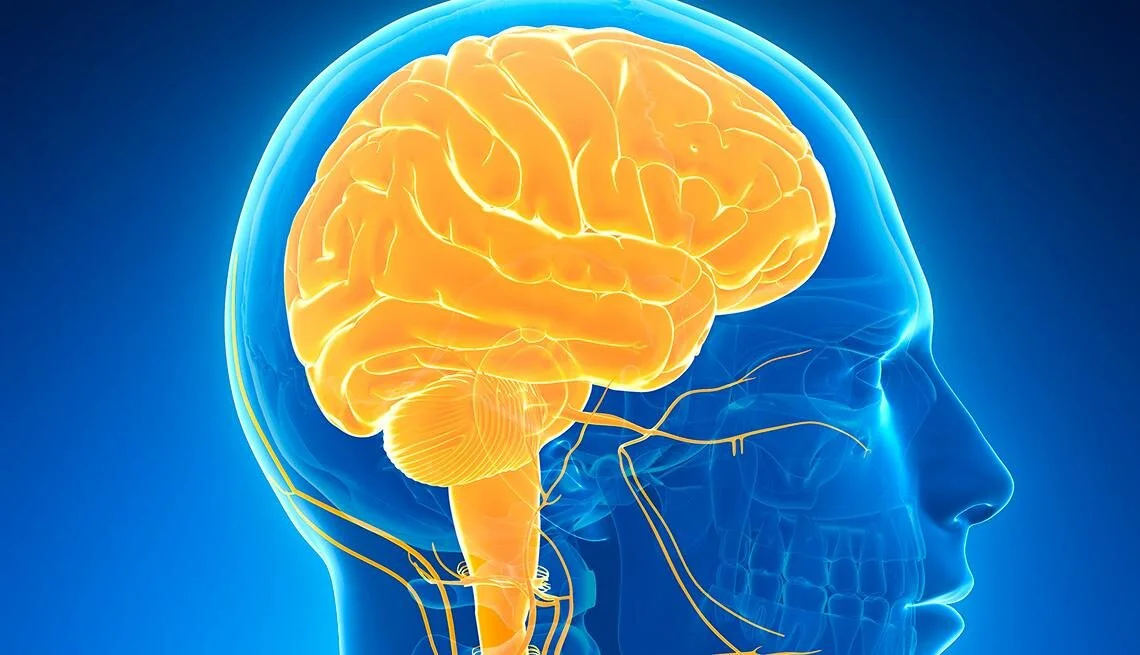Managing Chronic COVID Symptoms
Once the magnitude of the COVID-19 pandemic was fully recognized, the research, science, medical, and pharmaceutical sectors dove into action in an all-out effort to understand and try to solve this mysterious disease. Most of those who are infected with COVID-19 find that their symptoms eventually subside after a period of several weeks. However, medical practitioners have increasingly become aware of a subset of patients who have symptoms that persist, even long after their COVID tests are negative.
Are Your COVID Symptoms Stubborn?
One might expect that problems such as shortness of breath, lingering cough, and body aches— among others, could take a while to subside after catching the virus, especially if a person was hospitalized with COVID. But surprisingly, a significant number of people—even if they only had mild or moderate cases—are experiencing ongoing brain-related symptoms, such as:
-Lost of taste and smell
-Intense fatigue
-Brain fog or difficulty thinking clearly
-Concentration and memory problems -Headaches
-Sleep problems -Depression or anxiety
Initially, many physicians attributed these lingering symptoms to the psychological stress of having been stricken with the illness, so they were largely overlooked. However, now that so many people have had symptoms that are lasting for many months, the medical community has acknowledged the seriousness of the problem and refers to these folks as “COVID long-haulers.” And these aren’t just older people with pre-existing conditions! It’s estimated that about 10% of those who have survived COVID are now dealing with chronic symptoms.
COVID Brain is Real
At Amen Clinics, they are seeing a growing number of “COVID long-haulers.” They have come in for evaluations because their brains aren’t working the same as they did prior to getting COVID. For example, in a recent post-COVID scan, a bumpy pattern on the surface of the brain was shown. This indicates overall areas of low blood flow and is consistent with the pattern we commonly see with infections and toxic exposure.
In another scan, dents or dimpled areas indicate low blood flow in the underside of the prefrontal cortex and temporal lobes. These findings can help explain this patient’s concern about memory problems and other cognitive issues he has now but did not have prior to getting COVID-19 almost a year ago.
Research on COVID Long Haulers is Underway
The persistence of chronic COVID symptoms is still a medical mystery, but the good news is that since people all over the world are experiencing them, there is much research going on to figure out what the underlying cause(s) are. An increasing number of researchers and doctors have shared some of their investigations into the possible underlying mechanisms.
These include:
1. COVID-19 could cause changes in the immune system that can be long-lasting—that the virus makes the immune system continue to overreact, even though COVID is no longer detectable through patients’ bloodwork.
2. COVID-19 may trigger the symptoms of chronic fatigue syndrome (myalgic encephalomyelitis/CFS), in the same way certain other viruses can—such as Epstein-Barr and Lyme disease.
3. Some research has suggested that COVID-19, like other coronaviruses, can cross the blood-brain barrier—which normally protects the brain from viruses and toxins—and cause inflammation in the brain.
Although there are no definitive answers yet about the underlying mechanisms for chronic COVID symptoms, more research is being undertaken to try to solve this puzzle as soon as possible.
7 Ways to Support Your Brain and Body Now
If you are one of the approximately 2.7 million (and growing!) people in the U.S. dealing with long-haul COVID symptoms, there are steps you can take now to help bolster your health.
Here are 7 lifestyle strategies to support your brain and body:
1. Be sure to eat a clean and healthy diet, with lots of fresh organic produce, lean protein, healthy fats (i.e., avocados and nuts), and low-glycemic carbs, such as sweet potatoes, legumes, and quinoa.
2. Abstain from sugar as well as processed and fried foods because they increase inflammation, and after COVID-19, you definitely don’t need any more of that.
3. Avoid alcohol. It also promotes inflammation and can worsen fatigue, cognitive problems and depressive symptoms.
4. Exercise and move—to the extent you can. Even if it’s just walking around your home or doing some stretches, movement can still be helpful to your body, brain, and emotional stress.
5. If you’re having trouble sleeping, turn off your electronic devices at least 1 hour before bedtime, since the blue light emitted from them is stimulating to the brain. Try reading a book instead (paper, not from a device!).
6. Support your immune system with an effective probiotic, vitamins D and C, as well as with certain types of mushrooms including shiitake, reishi, and lion’s mane.
7. Consider doing a brain detox that includes:
-Avoiding artificial sweeteners, dyes, and produce grown with pesticides
-Using household cleaners that have fewer chemicals. Try more natural alternatives.
-Switching to personal care products without harsh chemicals. Did you know lipstick often has lead in it?
-If you smoke, there’s no better time than right now to stop. Your brain and body will thank you for eliminating this harmful habit.
Source: https://www.amenclinics.com/blog/7-strategies-to-manage-chronic-covid-19-symptoms/

